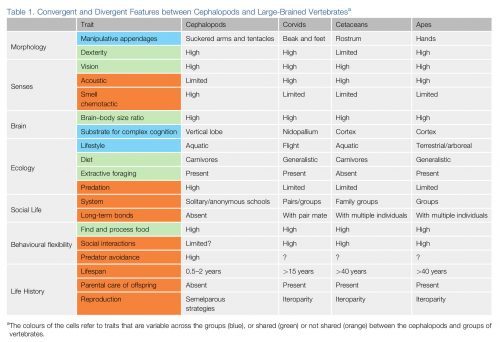Guaranteed.
When you hear these firefighter's say these fires are exploding, they are not kidding. The folage has been saturated from chem trails for decades, Barium and Aluminum. They are fighting a metal fire not wood. BTW, Barium and Aluminum, periodic table spell, BaAl. Coincidence? …-
— Mark Taylor (@patton6966) November 15, 2018
Also, the Lord told him to write a book.










